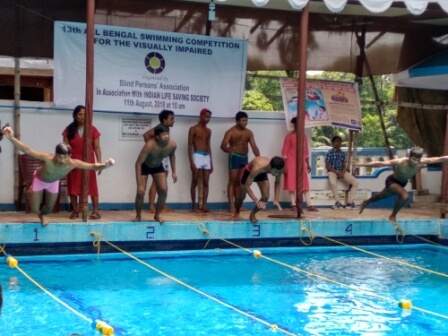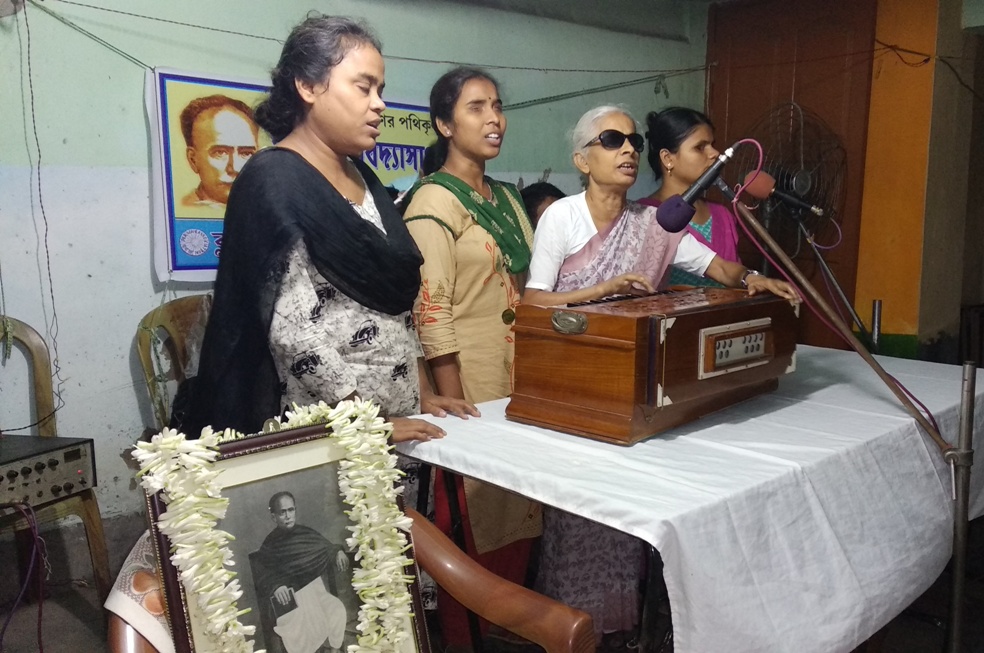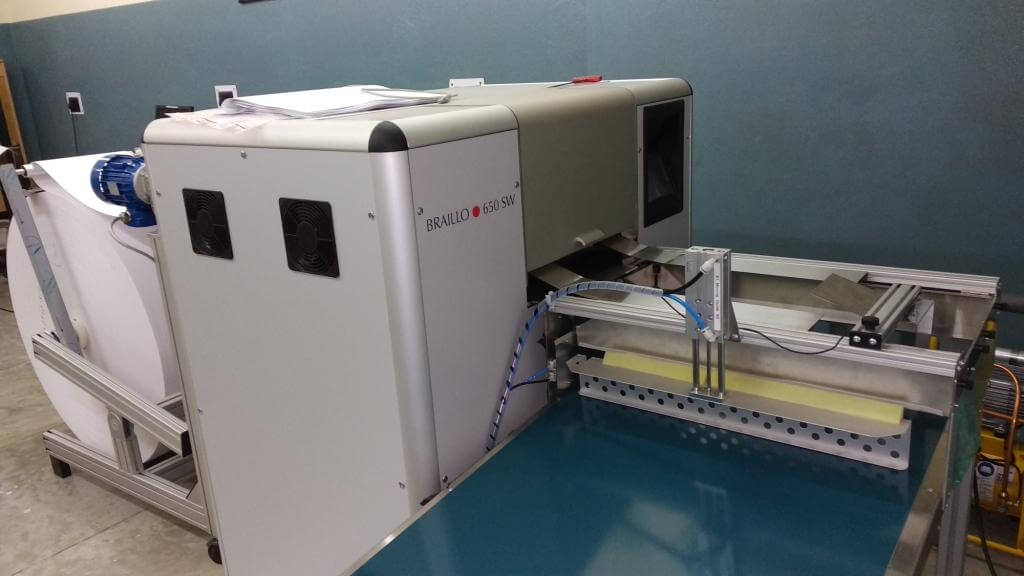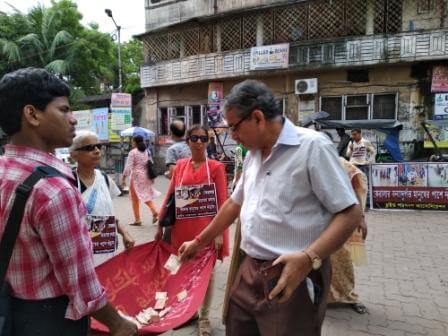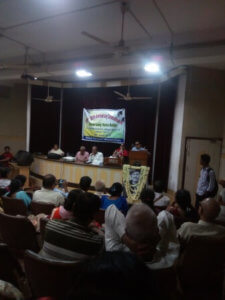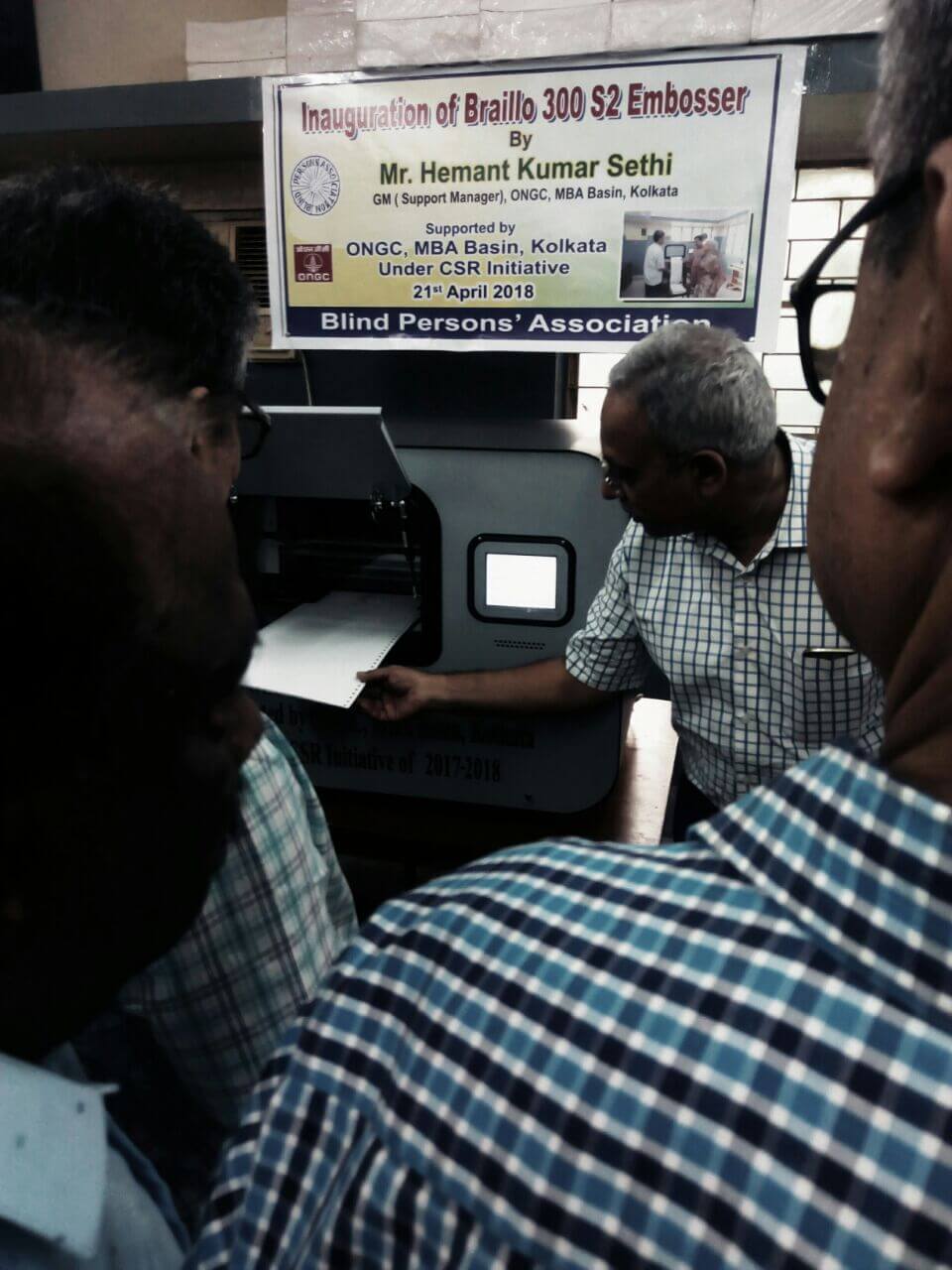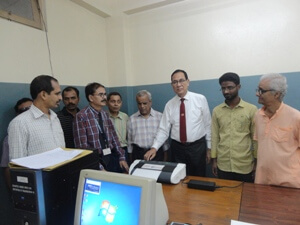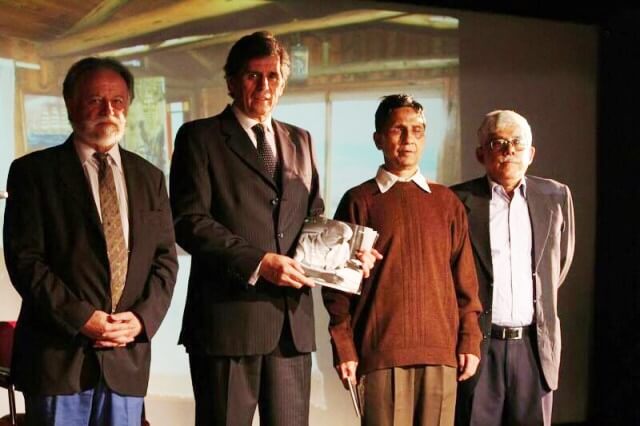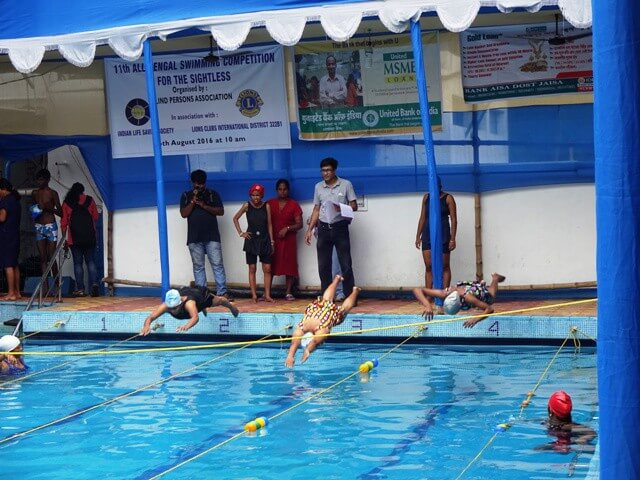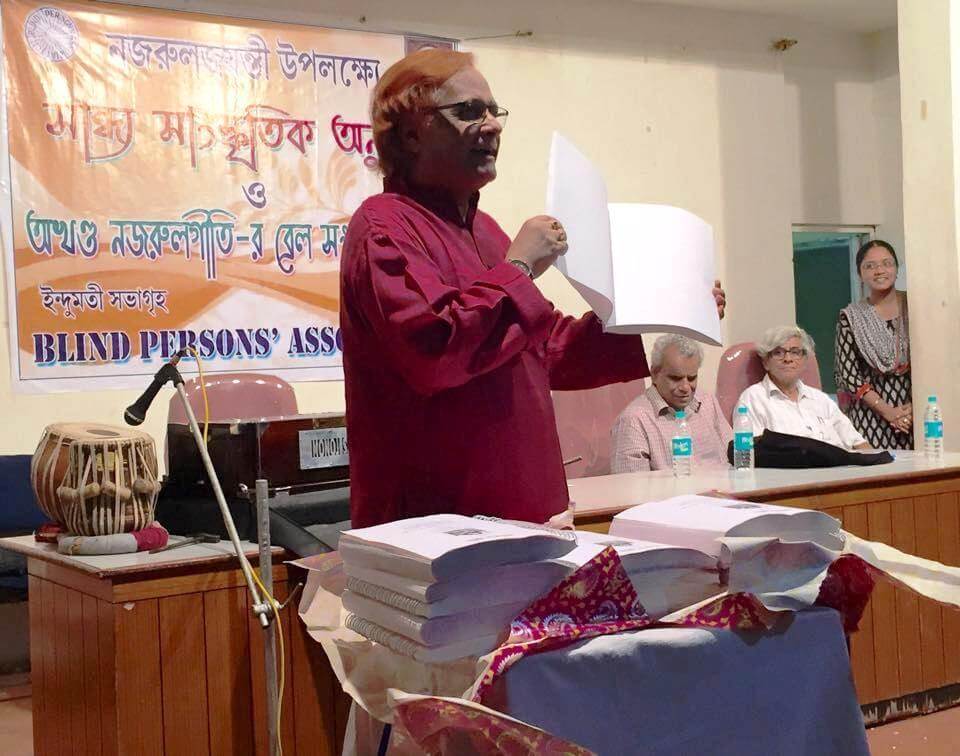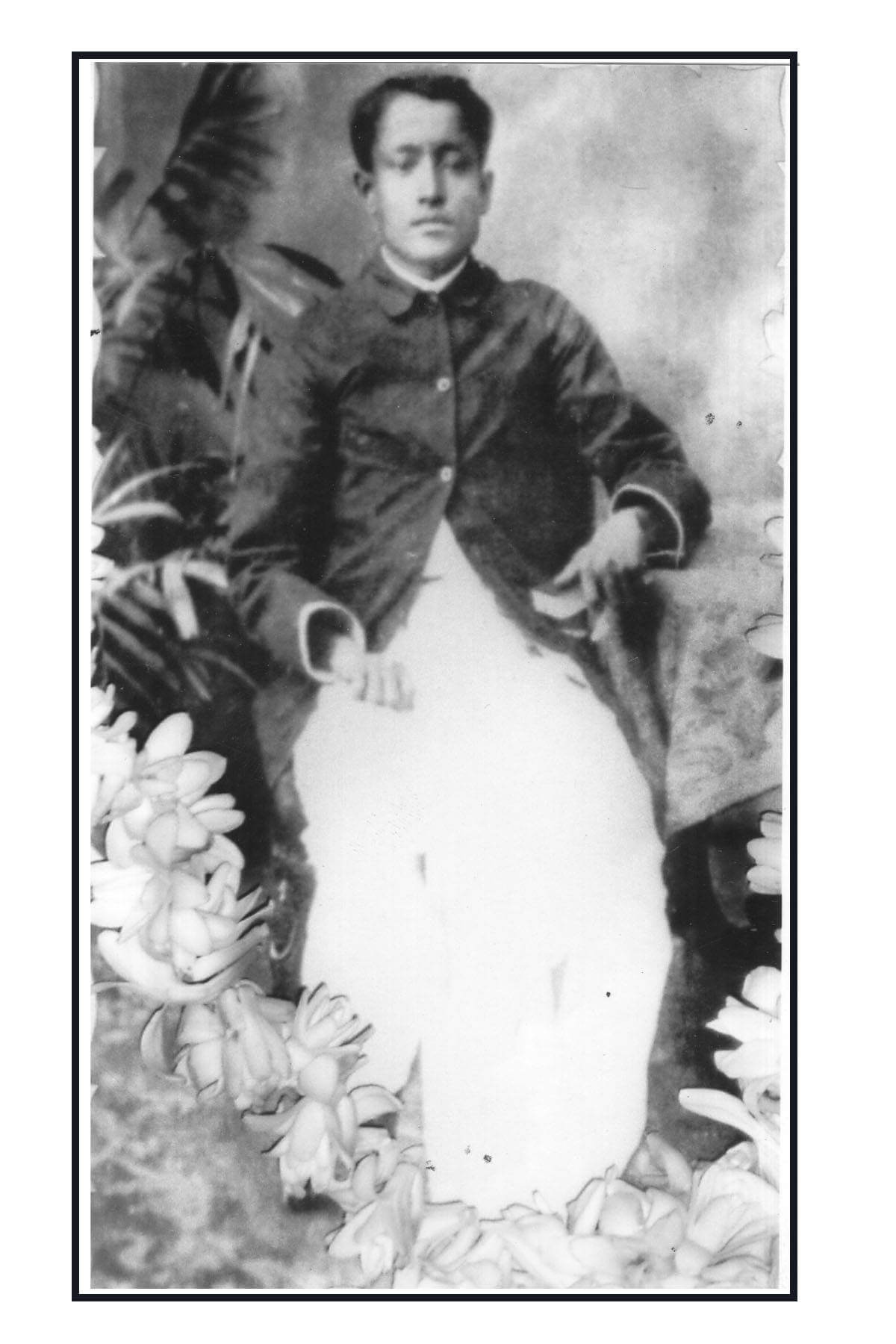SUGGESTIONS FROM THE DISABLED FOR BUDGET 2019
The Finance Ministry has asked for budget suggestions from all people for the forthcoming Budget 2019 to be tabled by Smt. Nirmala Sitaraman in the Lok-Sabha on July 5, 2019. We appreciate the Government’s initiative for collecting ideas and suggestions from the people in recent years. We have taken this opportunity to suggest the following measures using the My Gov app for the benefit of the disabled community:
Budget Suggestions for Disabled Persons
1. GST for assistive devices and rehabilitation aids for persons with disability are kept at the concessional 5% rate. The Government hoped that manufacturers of these products will avail Input Tax Credit and pass over the benefit to the end-users. The GST law provides for refund of accumulated Input Tax Credit, in cases, where the GST rate of output supply is lower than the GST rate on inputs used for their manufacture. Therefore, 5% GST rate on these devices/equipments would enable their domestic manufacturers to claim refund of any accumulated Input Tax Credit. That being so, the 5% concessional GST rate on these devices/equipments would result in reduction of the cost of domestically manufactured goods, as compared to the pre-GST regime. Unfortunately, cost of the assistive devices has gone up after introduction of 5% GST and we have hardly noticed any effect of the benefit of Input Tax Credit.
We suggest that GST on all assistive devices and rehabilitation aids should be nil.
2. A person with disability is allowed a deduction of a sum of Rs. 75,000.00 u/s80U of the Income Tax Act, 1961 from April 1, 2016. If the taxpayer is a person with severe disability, he is allowed a deduction of Rs. 1,25,000.00.
We propose that deductions u/s80U should be increased to Rs. 1,00,000.00 for persons with disabilities, and to Rs. 1,50,000.00 for persons with severe disabilities.
3. Section 16 of Rights of Persons with Disabilities Act, 2016 categorically states,
“The appropriate Government and the local authorities shall endeavour that all educational institutions funded or recognised by them provide inclusive education to the children with disabilities and towards that end shall– …………
“(v) ensure that the education to persons who are blind or deaf or both is imparted in the most appropriate languages and modes and means of communication; …………”
We regret to note that children with visual or speech and hearing disabilities cannot receive adequate training in Braille or sign language from so-called Resource Teachers. These Resource Teachers are already overburdened with responsibility for teaching hundreds of children with disabilities in about fifty schools spread all over a block. Braille and sign language can only be properly taught at special schools under specialist teachers.
Under these circumstances we propose that the Central Government should set up at least one model special school for the blind and one for deaf-and-dumb students in every district.
4. Section 24(1) of Rights of Persons with Disabilities Act, 2016 further states, “The appropriate Government shall within the limit of its economic capacity and development formulate necessary schemes and programmes to safeguard and promote the right of persons with disabilities for adequate standard of living to enable them to live independently or in the community: …………
“(3) The schemes under sub-section (1) shall provide for,–
“(a) community centres with good living conditions in terms of safety, sanitation, health care and counselling;
“(b) facilities for persons including children with disabilities who have no family or have been abandoned, or are without shelter or livelihood;
“(g) disability pension to persons with disabilities subject to such income ceiling as may be notified;
“(h) unemployment allowance to persons with disabilities registered with Special Employment Exchange for more than two years and who could not be placed in any gainful occupation;
“(i) care-giver allowance to persons with disabilities with high support needs;
“(j) comprehensive insurance scheme for persons with disability, not covered under the Employees State Insurance Schemes, or any other statutory or Government-sponsored insurance schemes; …………”
In reality economic capacity of “the appropriate Government” in most instances is too limited to formulate any of the schemes mentioned above. All these schemes proposed u/s24 of Rights of Persons with Disabilities are essential for social security of disabled persons. The objective of this section can be realized if the Central Government comes forward with such social security schemes for us.
We suggest that the Central Government should start the following schemes for the benefit of persons with disabilities:
(A) Community centres with good living conditions,
(B) Facilities for persons with disabilities without family or abandoned,
(C) Disability pension,
(D) Unemployment allowance to persons with disabilities,
(E) Care-giver allowance to persons with disabilities with high support needs, and,
(F) Insurance scheme for the disabled.
Budget Suggestions for NGOs
We have further suggested the following in order to create a situation congenial to smooth and easy functioning of charitable organisations:
5. Charitable organisations like Blind Persons’ Association depend on income from interests on fixed deposits for their regular expenses. Banks deduct tax at source on these interests every year and we have to wait for some time for refund. It causes unnecessary hardship which can be avoided.
We have proposed that charitable organisations should be allowed to submit declaration in Form 15G or otherwise u/s197A of the Income Tax Act, 1961 to claim certain receipts without deduction of tax at source.
6. Charitable organisations are charged with Income Tax u/s115BBC of the I. T. Act, 1961 since April 1, 2009 on anonymous donations received in excess of the higher of the following,
(A) five per cent of the total donations received by the assessee; or
(B) one lakh rupees.
This restriction of anonymous donation is not imposed on religious trusts and institutions. Bulk of the welfare activities for persons with disability (including government projects) is carried out by charitable organisations. We wonder why charitable organisations are deprived of the benefit of anonymous donations like the religious organisations. Moreover, the situation demands reassessment since ten years have elapsed after the introduction of this provision.
We suggest that anonymous donation should be allowed up to (A) 10% of total donations received by a charitable organisation or (B) five lakh rupees, whichever is the higher.
7. The Finance Bill 2017 amended the Section 80G(5D) of the I. T. Act by virtue of which charitable organisations cannot receive more than Rs. 2,000.00 in cash for the purposes of 80G. It may be noted that some of our donors, most of whom our members and volunteers, pay monthly donation of Rs. 500.00 or Rs. 1,000.00. The aggregate of these donations calculated together at the end of the year crosses the cash limit of Rs. 2,000.00 and deprives the donors of the benefit of s80G. We have also lost some of our income from donation after this amendment.
In this context we propose that the maximum limit of donation in cash u/s80G should be raised to Rs. 20,000.00.
Let us hope, the Hon’ble Finance Minister would consider our proposals in view of the real circumstances and introduce expected amendments and new schemes for the welfare of millions of disabled persons with disabilities.
